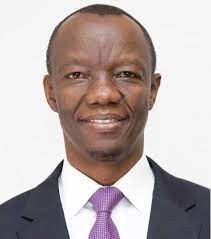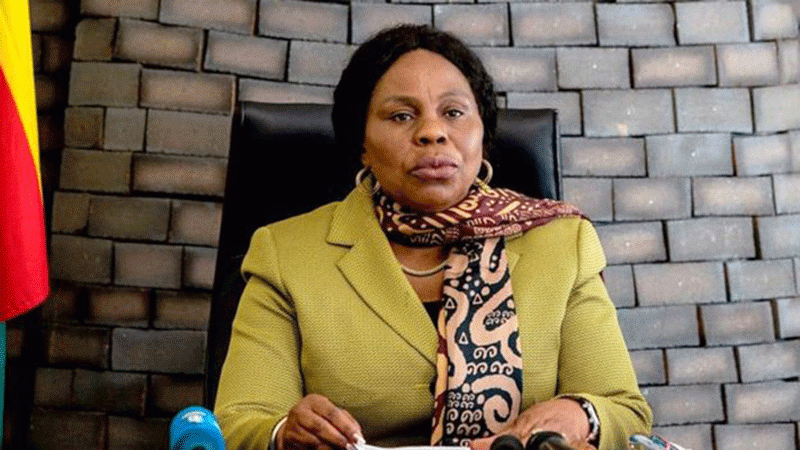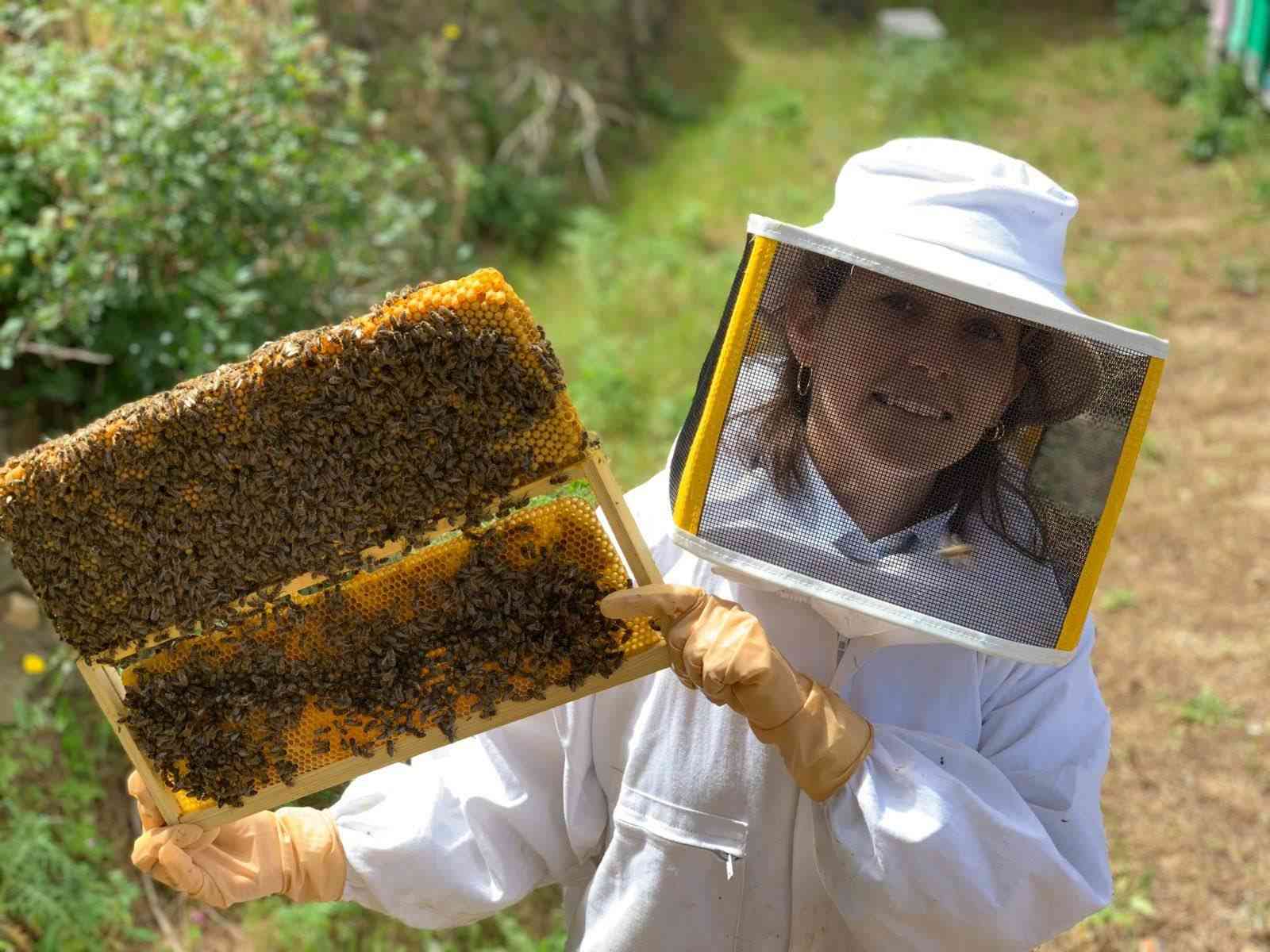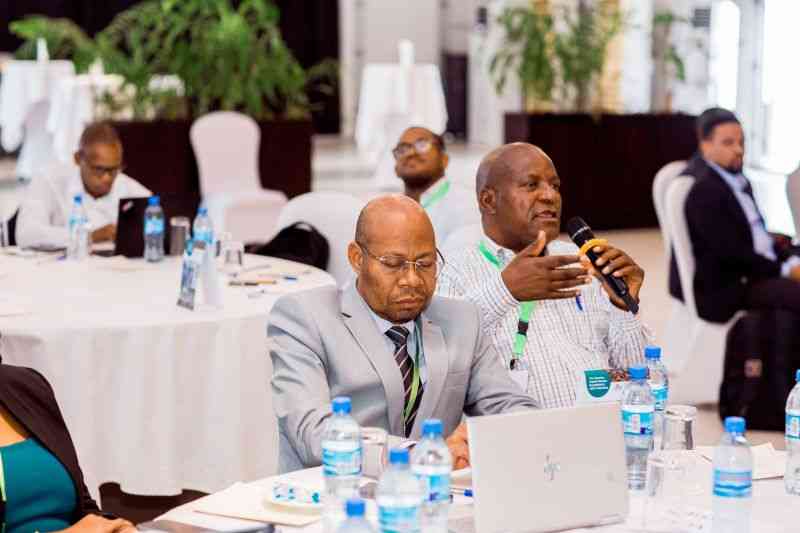
LISTED beverage maker, Delta Corporation Limited (Delta) is hoping to invest about US$50 million into its operations in the current financial year to ramp up production.
Amid an uncertain economic environment, Delta is seeking to scale up production across its segments both locally as well as in South Africa and Zambia.
Over the past 24 months, the blue-chip firm invested US$100 million into scaling up production in Zimbabwe and South Africa. It commissioned a Chibuku Super plant at Phelindaba Brewery in Pretoria, South Africa early this month.
“At all times, we aim to invest approximately 30% of our EBITDA [earnings before interest, taxes, depreciation and amortisation] in capital expenditure and it goes to both replacement and new investment,” group chief executive officer, Matlhogonolo Valela told Standardbusiness in an interview.
“So, we will be going for that type of figure if the environment is stable. Most of the priority or the projects will include the Belmont Brewery in Bulawayo that is aged that we need to take corrective action on.
“We will invest in plants, glass, and containers because it is important to grow your volume; you have to get that glass in. We will also do a lot of what we call replacement Capex [capital expenditure] to optimise our production facilities across the three businesses.”
Valela said the level of capex will depend on how they are performing in the South African and Zambian markets, whose economies have entered a volatile state.
“Should we win, then we will find ourselves needing more capex than the 30% that we don’t know. Well, for the most part, it was plus or minus US$50 million,” he said, adding that US$50 million is the amount they had been spending if EBITDA held.
- Chicken Inn knockout Harare City
- Ngezi stunned by 10-man Herentals in Chibuku Cup
- Inside sport: Make domestic football better
- FC Platinum reach Chibuku Cup last eight
Keep Reading
“It depends on how lucky we are next year because we do watch where we are trading and the level of profitability we are going to achieve, before we trigger some cosmetic capex as we go forward.”
During the financial year which ended on March 31, 2024, Delta commissioned significant production capacity expansion projects to support volume growth and to improve customer service.
These included the lager beer glass packaging line at Southerton Brewery, a PET packaging line at Graniteside, the Chibuku Super plant at Harare Brewery and a Chibuku Super plant at Phelindaba Brewery in Pretoria.
Afdis commissioned a new PET line, refrigeration equipment and a bottle washer while Schweppes Zimbabwe installed a high-capacity PET line among other key projects.
“These investments are complemented by the injection of glass bottles, coolers, informal market equipment, additional distribution fleet and ICT equipment.
“The cumulative investment over the last 24 months is indicated at about US$100 million,” Delta said.
The capex will also stem from upscaling marketing activities by leveraging brand properties, improving on sales services and distribution operations, investment in informal market equipment, distribution capacity, and sustainable growth initiatives.
The main source of the capex comes from the foreign currency portion of Delta’s revenue which makes up more than 50% of total turnover.
Delta chairman Sternford Moyo said the operating environment in Zimbabwe remained complex, with no easy solutions to the numerous economic challenges such as currency instability and inflation in a difficult political environment.
“The tax measures adopted in the 2024 budget have had far-reaching impacts on the business and the market in general.
The beverages sector has been particularly affected by the hefty sugar tax and the restrictions on route to market.
The government introduced a new structured currency, the Zimbabwe Gold (ZiG) with effect from 5 April 2024,” he said.
The sugar tax, in particular, is expected to cost the firm US$46 million in its financial year ended March 31, 2025.
“The fiscal measures to support the policy recommendations by the monetary authorities are still to be announced,” Moyo said.
“There are inherent macroeconomic rigidities that need to be addressed to ensure the achievement of a stable currency.
“It is encouraging that the authorities intend to maintain a market-driven exchange rate and avoid quasi-fiscal activities by the Reserve Bank.”
He said the business would benefit from the improved product supply following the commissioning of additional production capacity during the past year and improved operational efficiencies across the business segments.
“The focus remains on exploiting opportunities from activities that generate aggregate demand,” Moyo added.
“Consumer spending remains resilient across the territories and offers growth opportunities.
“There are, however, headwinds in the global economy, arising from the Russia/Ukraine conflict, the resurgent unrest in the Middle East and the volatility of international financial markets.”










